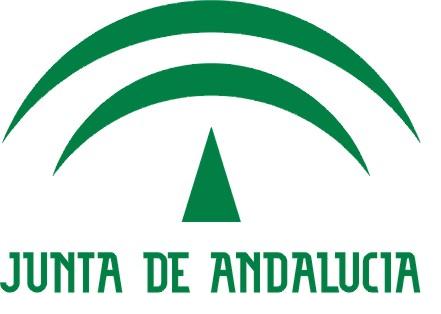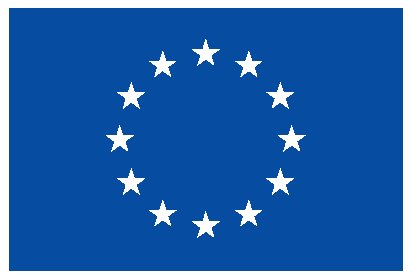Algoritmos de clasificación ordinal en energias renovables (ORdinal Classification and prediction Algorithms in Renewable Energy, ORCA-RE)
- Estado:
- En progreso
- Líderes del proyecto:
- Colaboradores:
- Inicio propuesto:
- 2015-01-01
- Límite propuesto:
- 2017-12-31
Descripción:
ALGORITMOS DE CLASIFICACION ORDINAL Y PREDICCION EN ENERGIAS RENOVABLES (ORDINAL CLASSIFICATION AND PREDICTION ALGORITHMS IN RENAWABLE ENERGY, ORCA-RE) TIN2014-54583-C2-1-R
Financial Entity: Ministerio de Economía y Competitividad.MINECO
Principal Investigator: César Hervás Martínez and Pedro Antonio Gutiérrez
Budget: 79.200 Euros.
Given that fossil energy resources will not satisfy the energy demand of the world population within a relatively short period of time, a very important research trend is now investigating in alternative sources of efficient, reliable and clean energy, to boost the performance of current infrastructures. Predicting the amount of energy produced is essential for assuring an effective inclusion of these energies in the electrical network. This kind of energies are associated to physical phenomena with an important unknown random component, producing high variability. In this way, their prediction is not affordable, in general, using classical predictive methodologies. Because of this, the coordinated project ORCA-RE is aimed to explore, develop and extend various machine learning methodologies to tackle the problem of production estimation of Wind Energy, Solar Energy and Wave Energy. Different paradigms, such as ordinal classification or time series segmentation, will be analysed, which have a great interest for the central problem of this project and which have been scarcely studied in comparison to nominal classification, both in Spain and in the rest of the world. Both research groups have previous, coordinated and contrasted experience in this field. The predictions based on ordinal classification will be compared to the use of segmentation, to evaluate the influence of the temporal component. In this way, we are pursuing the following objectives related with the challenge of alternative energy sources:
1) To use Computational Intelligence techniques to develop new ordinal classification models and imbalanced ordinal classification models, and to analyse new classifier evaluation metrics. Use of mono and multi-objective hybrid methodologies (this last paradigm needed because some of the classifier evaluation metrics are opposite).
2) To develop time series segmentation algorithms applied to renewable energies based on statistical and bio-inspired methods. Medium-term prediction using the result of these segmentation algorithms.
3) To develop new bio-inspired models for the evolution of classifiers and regressors using grouping genetic algorithms and new single population co-evolution models using the Coral Reefs Optimization paradigm.
4) To apply these models to different renewable energy problems, mainly prediction and resource estimation in Wind Energy, Solar Energy and Wave Energy. Application to other real problems of time series segmentation and prediction.
5) To develop a software package to be used in the framework NNEP incorporating all the new models developed in the project, and a package for the WEKA framework incorporating some of the main ordinal classification methods, which would allow the spreading of this paradigm in the scientific community.







